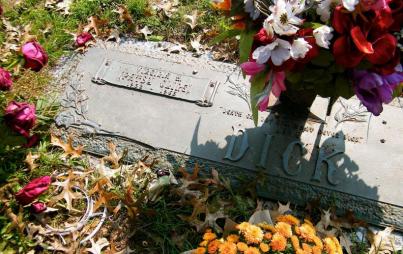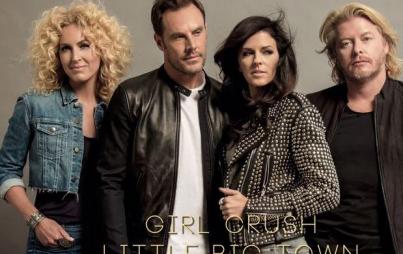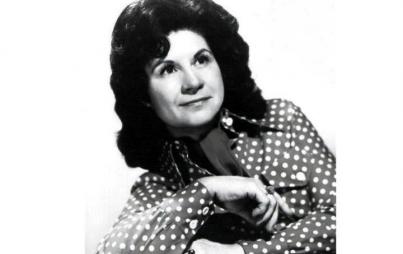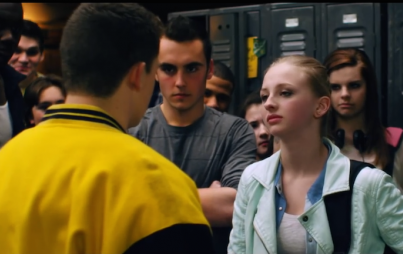
Kacey Musgraves. Image: Wikipedia
Kacey Musgraves encouraging her female fans in 2013 to "kiss lots of girls/if that's something you're into" was notable because it's not a sentiment country has generally endorsed, or even addressed. In the imagined rural community of country, same-sex love doesn't exist.
Country music is an overwhelmingly heterosexual endeavor. The LGBTQ community certainly listens to and performs country, but in terms of lyrical content and themes, mainstream country has been focused solely on male-female romantic love for ages.
Kacey Musgraves encouraging her female fans in 2013 to "kiss lots of girls/if that's something you're into" was notable because it's not a sentiment country has generally endorsed, or even addressed. In the imagined rural community of country, same-sex love doesn't exist.
Or does it? Country radio is often characterized as a timid artistic wasteland, and not without reason. But country's increasing connection to pop has perhaps given it a bit more flexibility in regards to gender and sexuality than it once did. Kacey Musgraves is one example of this dynamic — and last year, Little Big Town's hit "Girl Crush" is another.
"Girl Crush" isn't quite openly lesbian. The "Girl Crush" of the title is about the singer's obsession with the woman who's dating the guy she wants. She's supposed to be consumed with jealousy, not with desire — but the song deliberately teases at, and crosses over, the line between the two.
"Lord know I've tried/I can't get her off my mind/I want to taste her lips/because they taste like you/I want to drown myself in a bottle of her perfume," singer Lori McKenna wails in full on Dusty Springfield mode. "I want her long, blonde hair" is supposed to mean McKenna wants to have that hair on her head, but you can't hear it without being reminded of all those male deep-soul singers who would sing a line like that and mean they wanted to own the owner of the hair.
Wanting to be the rival and wanting the rival are essentially the same thing. . . "I don't get no sleep/I don't get no peace/thinking about her under your bed sheets" barely even pretends that the guy is the main point of interest. His bed sheets are a thin, not very convincing cover; she can say she's looking at them, but everyone knows she's really staring at the body under them.
Little Big Town and Musgraves can seem startling in their willingness to flirt with same-sex possibilities . . . but are they really quite that groundbreaking? The truth is, country has flirted with same-sex love before.
Gender theorist and country music fan Eve Sedwick argued that she's always read Willie Nelson and Waylong Jennings duets as love songs — and she singles out a Willie Nelson performance of "In the Garden" as one of the all time great declarations of same-sex love.
"Nothing had prepared me for a song in which the love and sensuality between two men could be expressed with such a pellucid canor, " she said, "on AM shit-kicker radio, or maybe anywhere."
"He speaks, and the sound of His voice
Is so sweet the birds hush their singing,
And the melody that He gave to me
Within my heart is ringing.
I’d stay in the garden with Him,
Though the night around me be falling,
But He bids me go; through the voice of woe
His voice to me is calling.
And He walks with me, and He talks with me,
And He tells me I am His own;
And the joy we share as we tarry there,
None other has ever known."
In this case, again, the love isn't supposed to be homosexual and carnal; instead it's supposed to be about a relationship between the singer and Jesus. That's a longstanding trope in country and bluegrass and old-timey music — Bill Monroe singing about waiting for Jesus coming in the "Boat of Love" or Roy Acuff declaring that he's been touched by the hand of the lord.
These examples show that love, even in country, isn't so easy to keep in one channel. Whom you love and who you're supposed to love and whom you think you love are all more blurry than country likes to admit. Or maybe country has been willing to admit it after all, if you listen for it . . .






